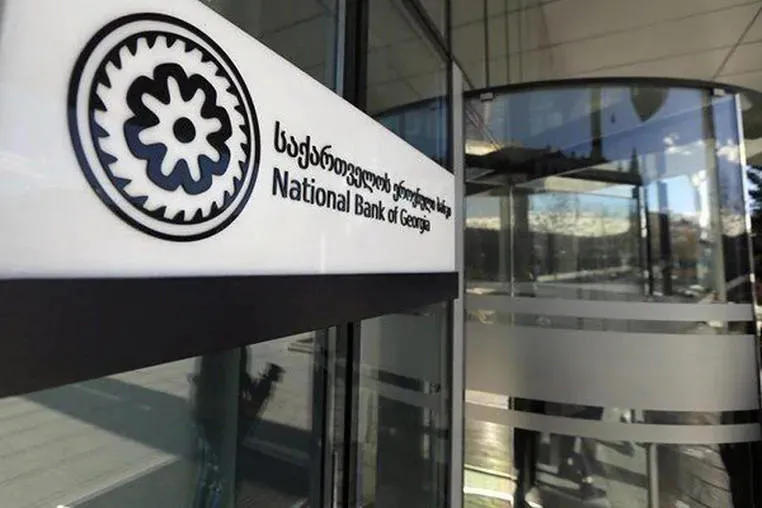The Monetary Policy Committee of National Bank of Georgia, at its meeting on October 23, 2024 decided to keep the monetary rate (refinancing) unchanged. The monetary rate is 8 percent. The National Bank publishes this information.
“A low-inflationary climate is maintained in Georgia.” Inflation will be below the target of 3% by 2023. In September, the inflation rate was 0.8 percent, while the overall price level rose by 0.6 percent. The National Bank’s monetary policy, both in terms of timely tightening, and gradual normalization was largely responsible for maintaining price stability. This was reflected by the stability of inflationary expectations over the long term. In particular, the inflation of domestically-produced products, which reflects best long-term expectations of inflation, is below 3 percent. Reduced margins for firms due to increased competition also contributes to low inflation. This combination of factors helps to neutralize the price pressure from the strong demand. Due to stronger-than-expected economic activity this year, the economic growth forecast has increased to 8.5%. According to the NBG however, parallel to the strong demand the total production capacity of the economy also increased. This has contributed to reducing pressure on prices and creating an environment with low inflation. According to the National Bank’s updated forecast, all other things being equal the inflation rate in 2024 is expected to be lower than the target rate, and equal to 1.2 per cent on average. On the medium-term, it will stabilize at around 3 percent.
Increased uncertainty, both locally and globally, carries risks despite positive trends. Regional risk premiums could increase as a result of the ongoing hostilities between Ukraine and the Middle East as well as the heightened geopolitical tensions. This may also lead to pressure on prices through different channels. The volatility of oil prices and food prices has also increased on international markets, and the recent events in the Red Sea have created the threat of a rise in transportation costs. This, in turn, could lead to an increase in inflation through imported goods. In addition to external factors, the domestic economy is stronger than expected. This may also lead to a rise in prices. The National Bank of Georgia, after analyzing the current internal and international situation, kept the monetary rate at 8.0 percent. This cautious approach is crucial to keeping inflation near its target rate on the medium-term. In the event of no inflationary risk materializing and a lowering in the intensity, the National Bank would continue to lower the policy rate with conservative budgets. If the factors that affect the growth of inflation expectation are identified again, it may be necessary for the National Bank to tighten monetary policy.
The National Bank of Georgia continuously monitors current economic processes and financial market and will use all of the tools at its fingertips to ensure price stability,” says the information.
The next session of Monetary Policy Committee is scheduled for December 18, 2024.
Read More @ www.interpressnews.ge













